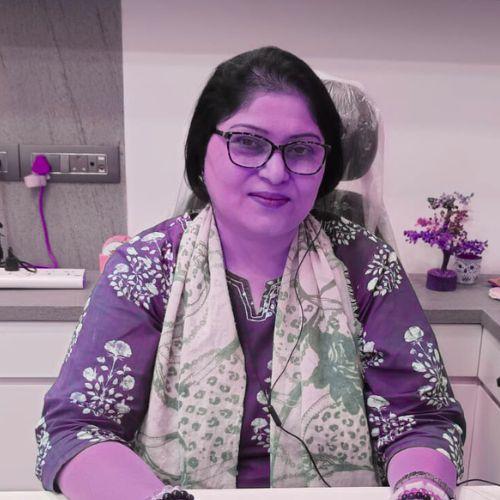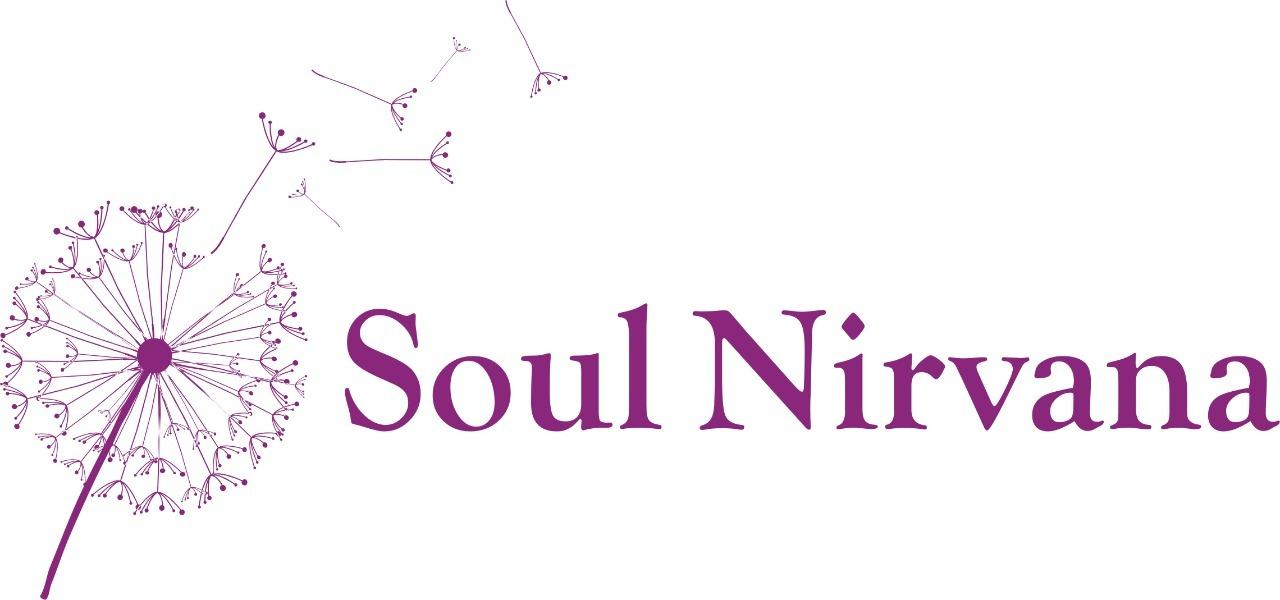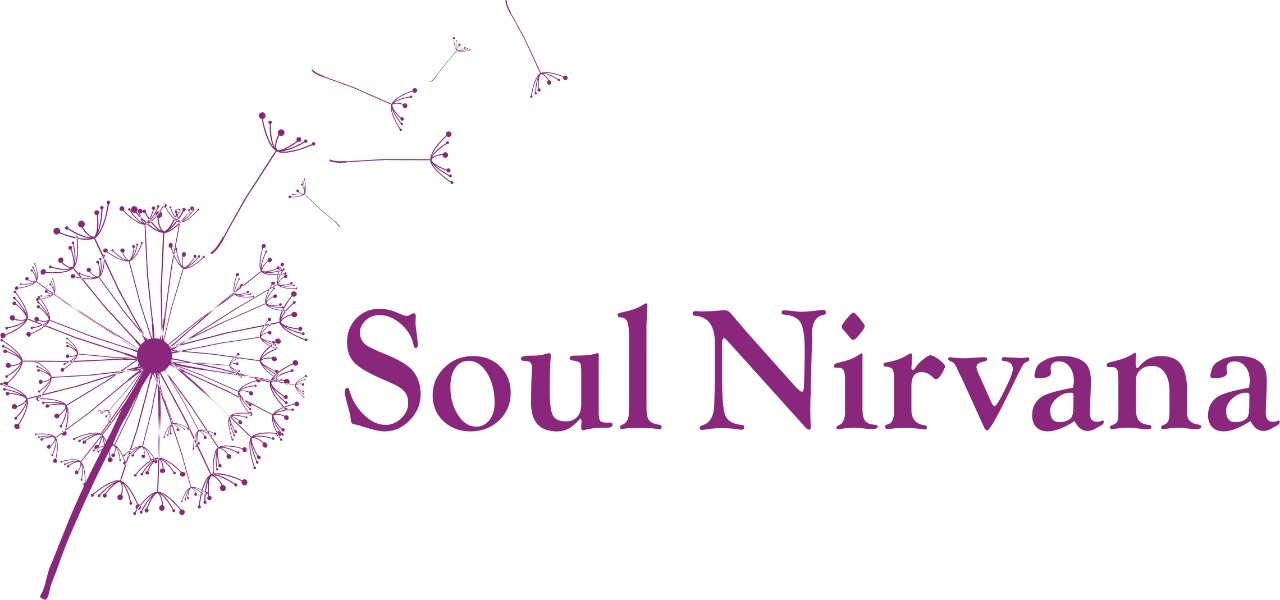Beyond Healing: How Accidents Leave Silent Scars and Transform the Mind

Introduction
Last month, my life slowed down in a way I had never imagined. I accidentally spilled hot, steaming water on my back. What followed were burns, blisters, endless medicines, and a forced pause from work. For almost a month, I stayed home, unable to do things I normally would, including my in-person sessions. I shifted to online sessions while my body tried to heal.
But what surprised me was not just the physical pain. It was the quiet battles inside the feeling of dependency, the empty space left when work stopped, the frustration of being on medication, and the heavy silence that often turned into tears.
In this blog, I want to share how such accidents leave behind more than just visible scars. They change how we think, how we see ourselves, and how we grow when healing finally begins.
The Hidden Struggles of Recovery
When an accident happens, the first focus is always the body bandages, creams, medicines, and rest. But what about the mind?
During my recovery, I noticed how being physically dependent on others made me restless. Even small things, like not being able to sit comfortably or move freely, felt like a loss of control. The extra time at home created a big, unsettling space in my head. Thoughts rushed in what if this hadn’t happened, if only I had been more careful.
This constant “what if” loop was draining. The silence was not peaceful it was heavy. And that silence itself felt like a scar.
The Emotional Weight of Medicines and Stillness
Medicines help the body recover, but they also affect how you feel inside. At times, I felt sluggish, tired, or unusually emotional. Add to that the lack of routine, and suddenly days felt longer than ever.
Not working as usual was another challenge. Work often keeps us distracted and gives a sense of purpose. Without it, I was left face-to-face with my own thoughts. And sometimes, that was harder than dealing with the burns themselves.
Finding Meaning in the Pause
As the days passed and my body slowly began to heal, I noticed something important—this accident gave me time. A rare, unasked-for gift of slowing down.
Instead of letting my thoughts pull me into denial or sadness, I started to use that time differently. I read books I had been putting off, listened to podcasts, and reflected on things I had ignored in the rush of daily life.
This shift didn’t happen overnight. It came after many moments of frustration and quiet tears. But once I accepted the accident as part of my journey, the silence became lighter. It turned into space for learning and even self-growth.
Scars Beyond the Body
The truth is, I’m not afraid of the physical scars. They remind me of what I’ve been through and how I came out of it. What felt heavier were the invisible scars the silence, the denial, the unanswered what ifs.
But over time, I realized that these too can heal, if I allow them to. Every accident, every pause, every scar seen or unseen can transform us. It teaches patience, acceptance, and the value of small, meaningful actions.
Conclusion
Accidents don’t just wound the body. They touch the mind, the heart, and sometimes even our sense of identity. At first, it may feel like you’re only left with pain and unanswered questions. But as healing begins, these experiences can transform into powerful lessons.
Scars both visible and invisible are not just reminders of suffering. They are reminders of survival, growth, and change.
If you are going through something similar and want to explore how therapy can support your journey of healing, you can connect with Soul Nirvana for online counseling sessions. Sometimes, having a safe space to talk makes all the difference.
FAQs
1. Do accidents only leave physical scars?
No. While the body heals, the mind often carries invisible scars like silence, fear, or denial. Both need attention during recovery.
2. How can I cope with the emotional side of an accident?
Simple steps like reading, listening to podcasts, talking with loved ones, or seeking therapy can help fill the empty mental space and bring comfort.
3. Why do I feel sad or restless during recovery even though my body is healing?
Accidents often disrupt routine, independence, and sense of control. This emotional weight is normal and can be eased through acceptance and healthy coping.
4. Can therapy really help after an accident?
Yes. Therapy gives you a safe place to process emotions, find meaning in what happened, and slowly rebuild confidence and strength.
References
- Ambiguous loss. (2025, August 8). Wikipedia. Retrieved September 10, 2025, fromhttps://en.wikipedia.org/wiki/Ambiguous_loss
- Cuncic, A. (2024, December 4). What to know about logotherapy. Verywell Mind. Retrieved September 10, 2025, fromhttps://www.verywellmind.com/an-overview-of-victor-frankl-s-logotherapy-4159308
- Southwick, S. M., Lowthert, B. T., & Graber, A. V. (2016). Relevance and application of logotherapy to enhance resilience to stress and trauma. In Logotherapy and Existential Analysis (pp. 131–149). Viktor Frankl Institute Vienna. Springer.https://doi.org/10.1007/978-3-319-29424-7_13

Ms Sonali Sikdar
Ms Sonali empowers individuals to grow, heal, and align their careers with their inner calling.
Related Blogs
No related blogs available.

